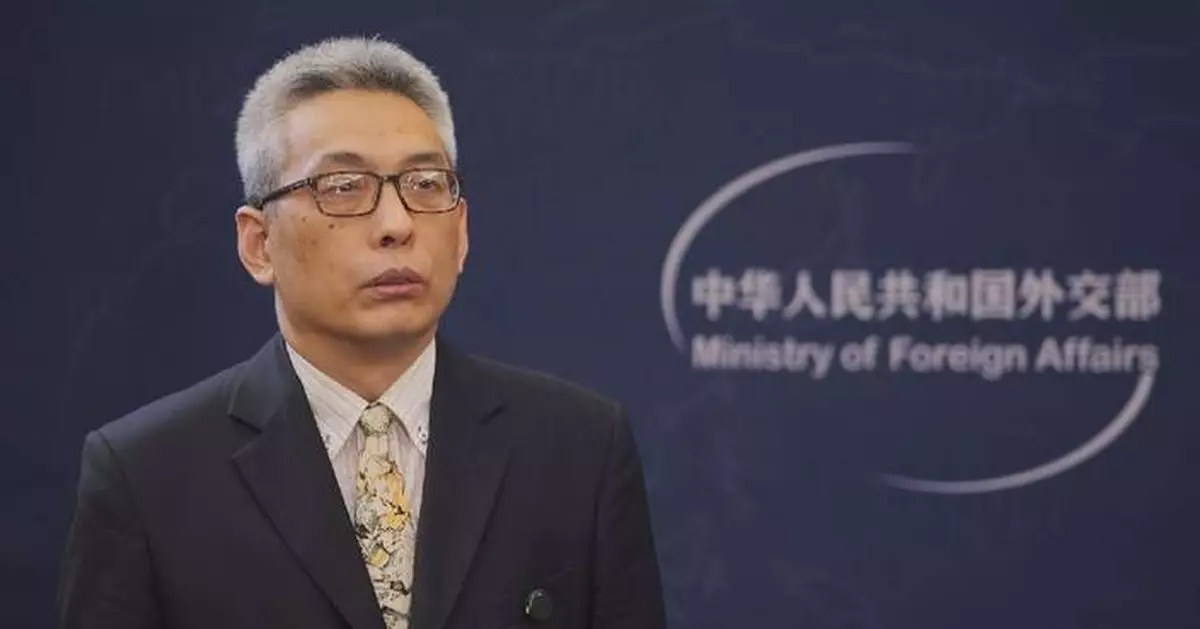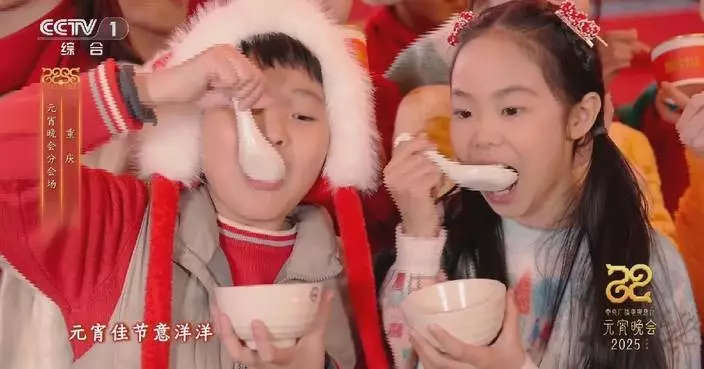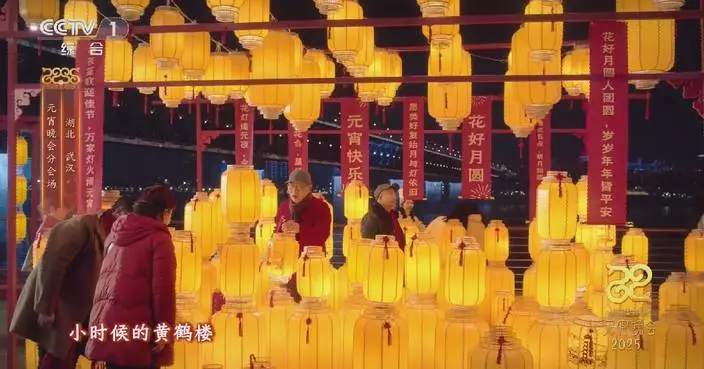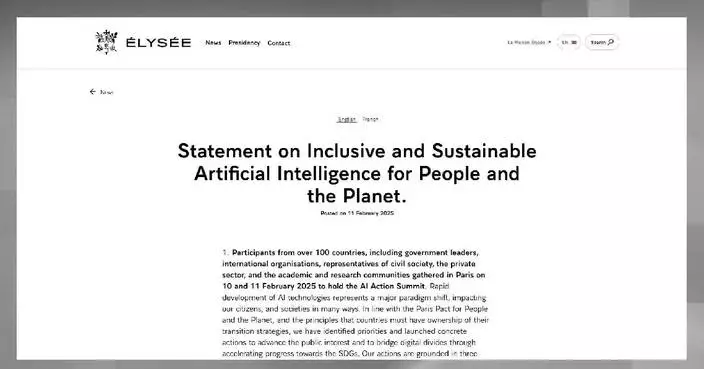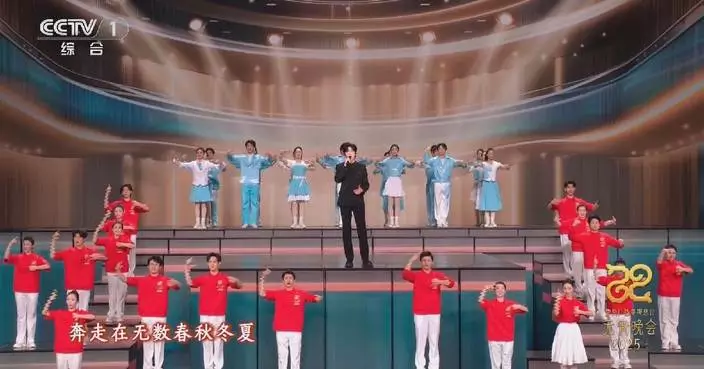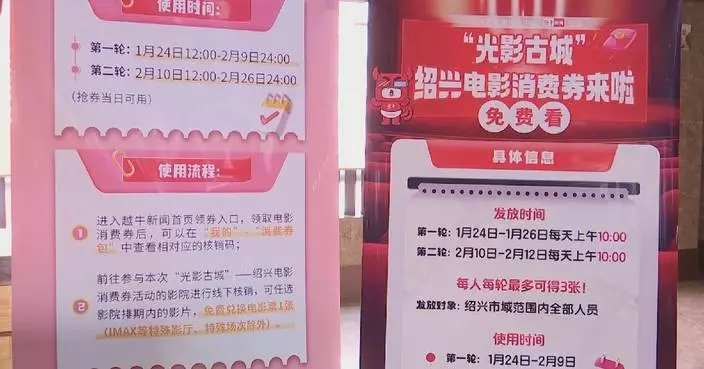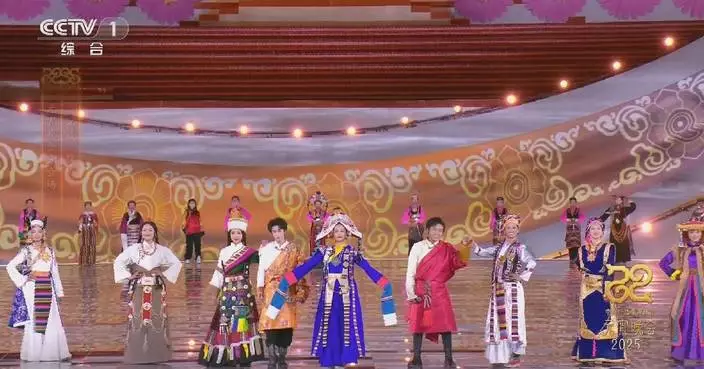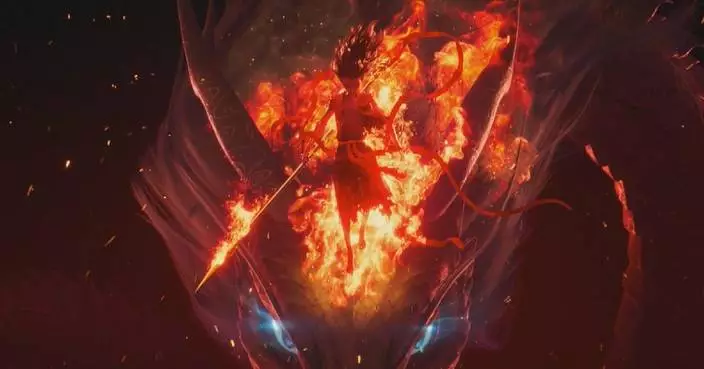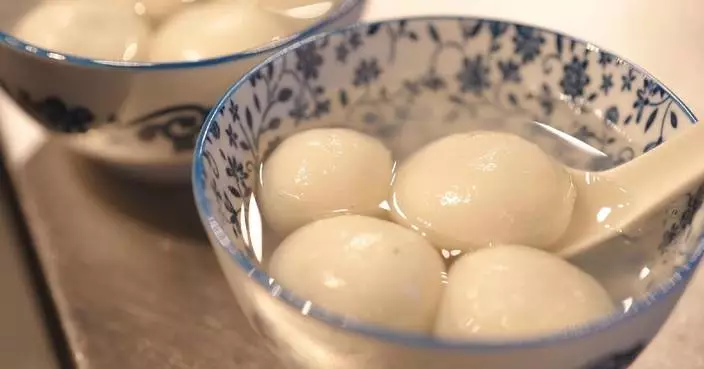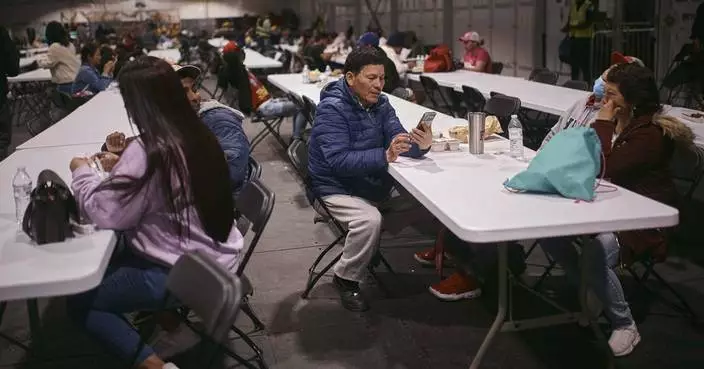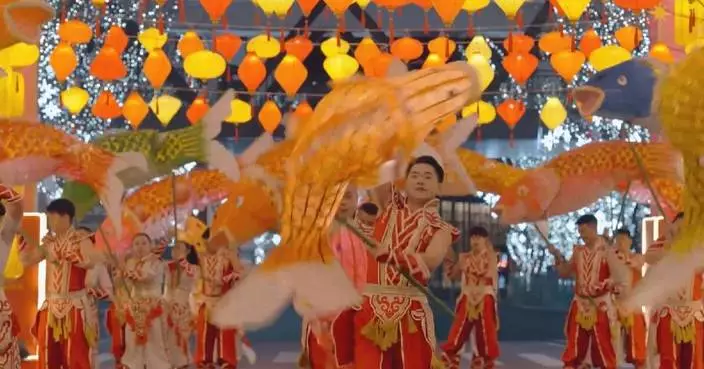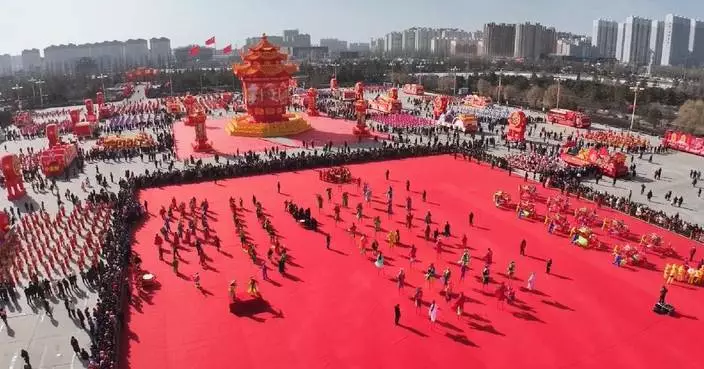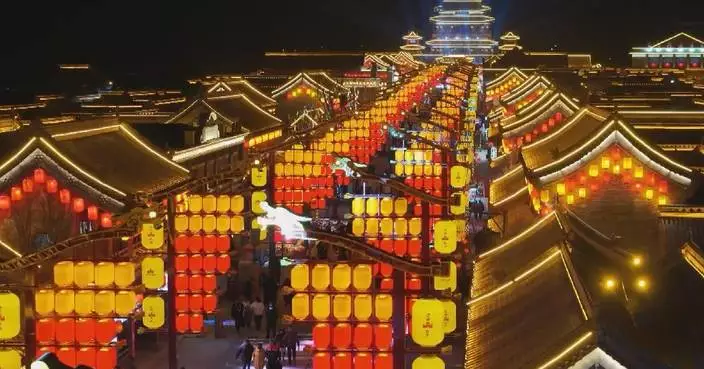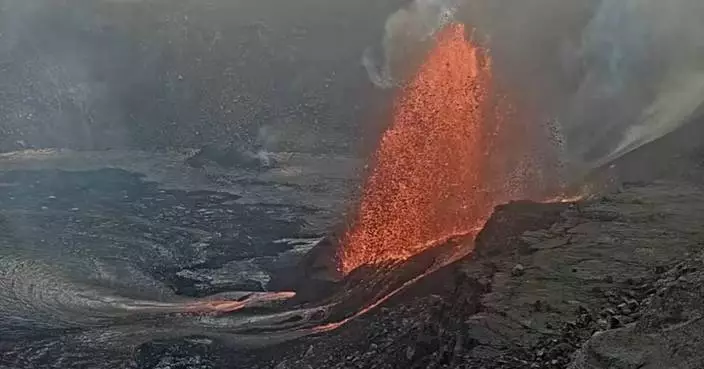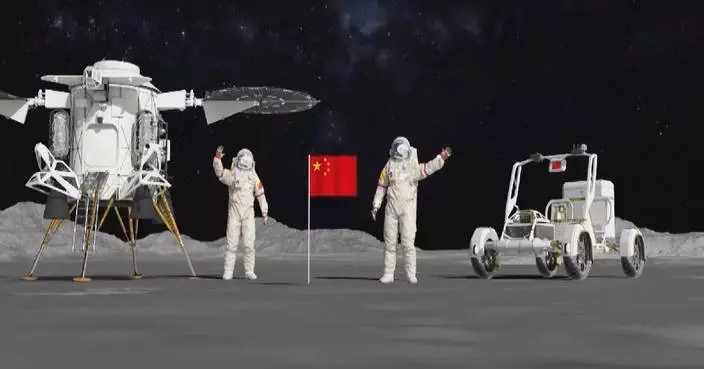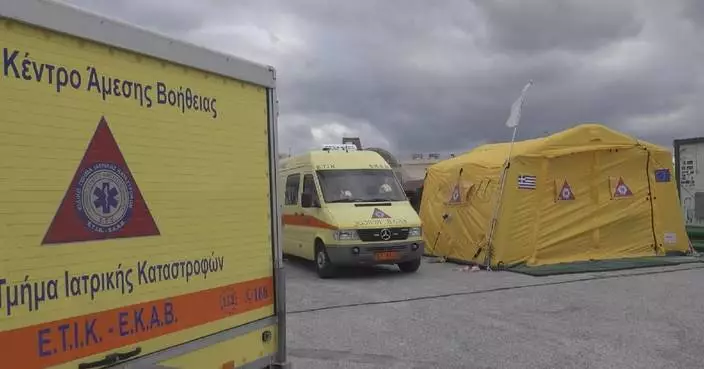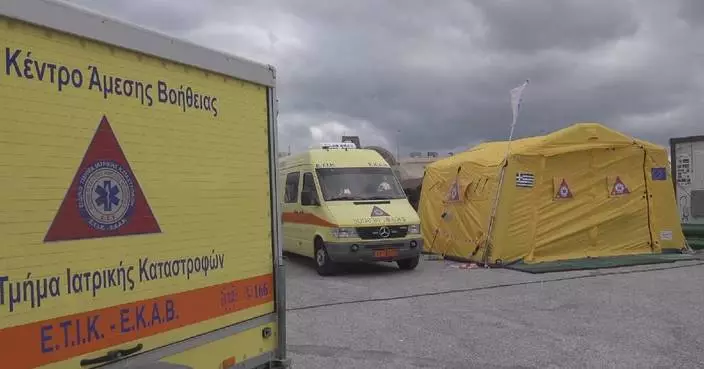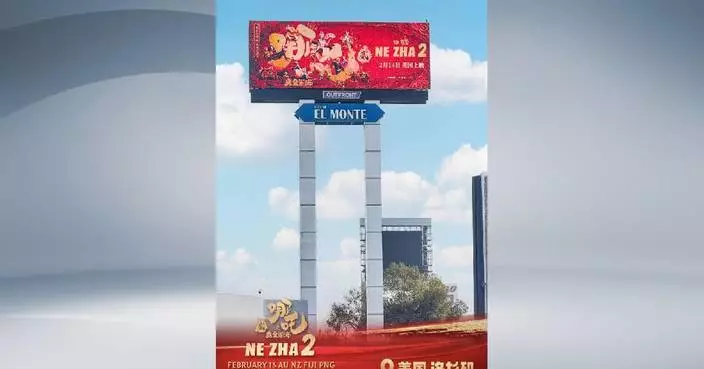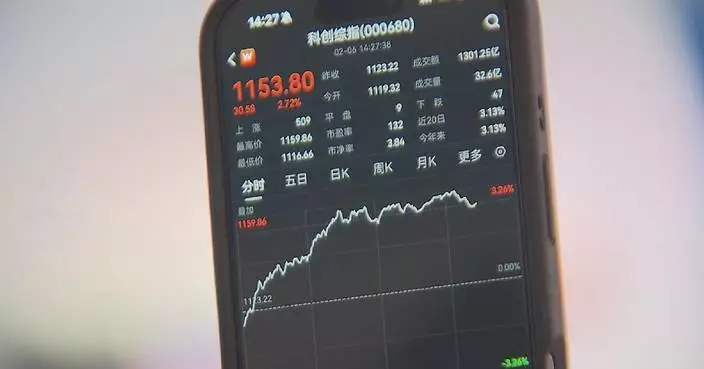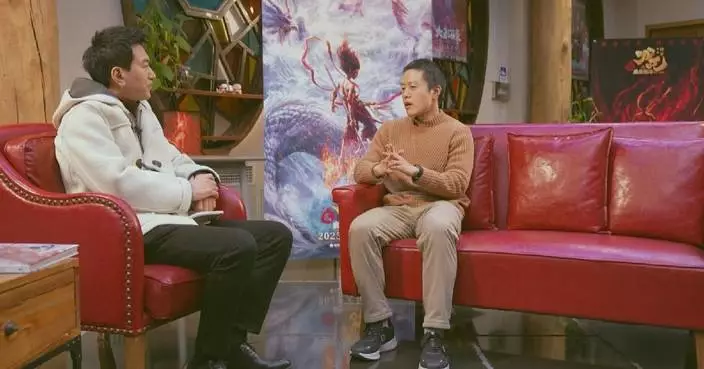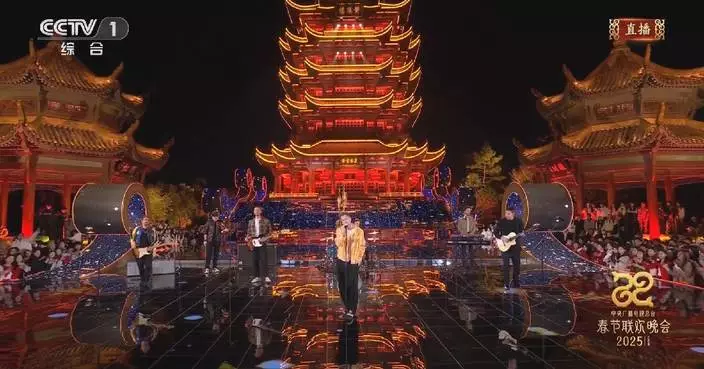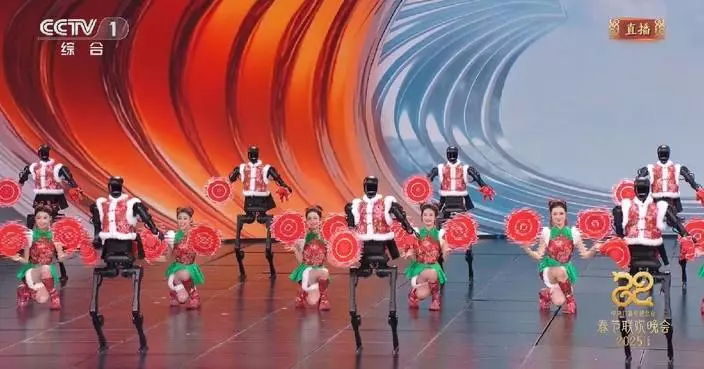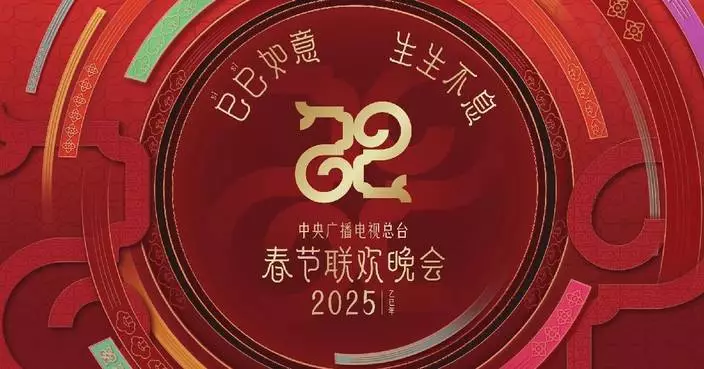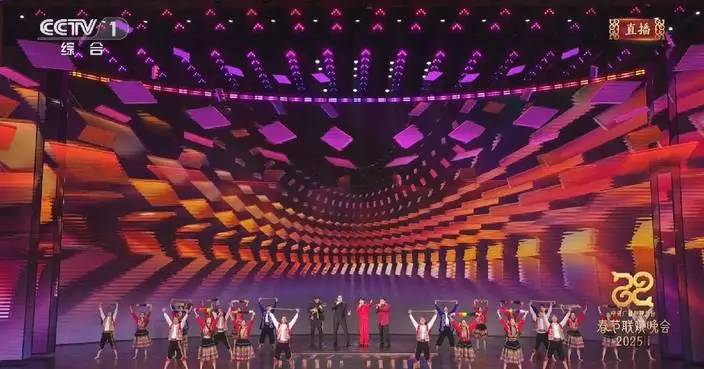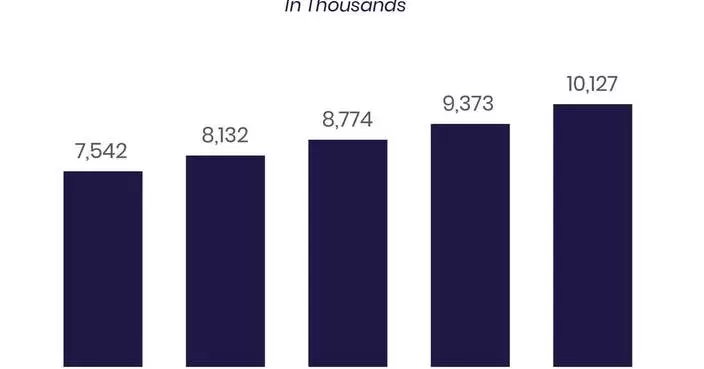China and Peru's comprehensive strategic partnership continues to flourish under the strategic guidance of head-of-state diplomacy, highlighted during Peruvian President Dina Ercilia Boluarte Zegarra's recent visit to China.
Boluarte's visit, from June 25 to 29 at the invitation of President Xi Jinping, resulted in the signing of multiple bilateral cooperation agreements across trade, digital economy, technological innovation, inspection and quarantine, and media sectors.
Additionally, both nations announced the completion of negotiations to upgrade their free trade agreement.
Cai Wei, director-general of the Department of Latin American and Caribbean Affairs at the Ministry of Foreign Affairs, emphasized the strategic significance and direction set by two head-of-state meetings since last year's Asia-Pacific Economic Cooperation (APEC) summit.
"Peru stands among the earliest Latin American countries to establish diplomatic ties and forge a comprehensive strategic partnership with the People's Republic of China. It is also the earliest Latin American country to sign a comprehensive free trade agreement with China. In recent years, through joint efforts, cooperation across various sectors between China and Peru has yielded fruitful outcomes, with Chinese companies playing a pivotal role in major collaborative projects aimed at enhancing Peru's economic development and improving livelihoods. I believe that under the strategic leadership of both leaders, the comprehensive strategic partnership between China and Peru will continue to thrive and bear fruit, embracing a brighter future," Cai said in an interview with China Central Television (CCTV).
Cai further noted that China and Latin American and Caribbean countries are pivotal components of the "Global South" and share developing country status, and China always holds long-term strategic view towards its relations with Latin America
The initiative proposed a decade ago to establish a community with a shared future between China and Latin American countries has garnered growing support from nations across Latin America and the Caribbean.
Under head-of-state diplomacy, China-Latin America relations have significantly advanced, ushering in an era characterized by equality, mutual benefit, innovation, openness, and improvements for their populations.
"This year, Peru and Brazil will host the APEC Leaders' Informal Meeting and the G20 Leaders' Summit consecutively. Global governance is entering a pivotal 'Latin American moment', with global attention turning towards Latin America. China strongly backs Peru and Brazil in their hosting roles and anticipates these gatherings will positively contribute to advancing global economic recovery and sustainable development," Cai concluded.
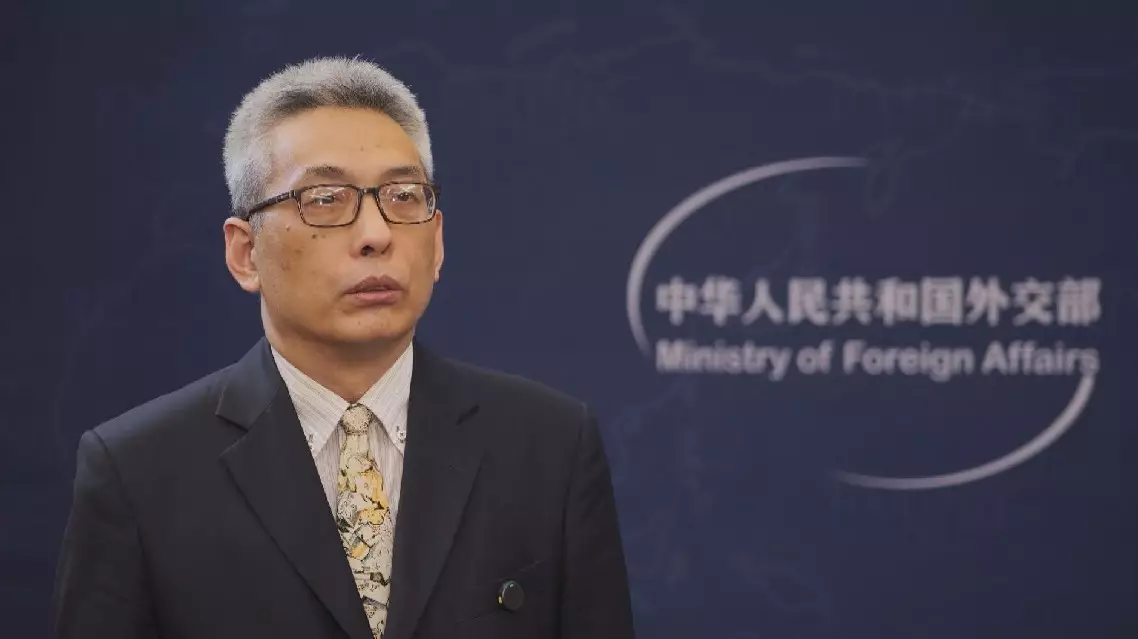
China-Peru diplomatic relations strengthened through head-of-state diplomacy: official
The 2025 Lantern Festival Gala, one of the premier television events on China's entertainment calendar, delivered an audio-visual feast to viewers around the world on Wednesday evening, showcasing the richness of traditional Chinese culture with a number of contemporary twists.
Hosted by the China Media Group (CMG), the gala got underway at 20:00 local time, and featured a vibrant array of performances to celebrate the Lantern Festival, which landed on Wednesday this year.
First broadcast in 1985, this year's Lantern Festival Gala again staged a whole host of entertaining variety acts including energetic songs and dances, comedy sketches, traditional operas, and a range of other special performances highlighting China's unique cultural charm.
One of the stand-out features was a performance which drew inspiration from the hugely popular animated feature film "Ne Zha 2", adding some movie magic to the traditional Chinese festival while the recently-released film continues to break box office records.
With the help of some cutting-edge digital technology, the movie's main characters of Ne Zha and Ao Bing put in a live appearance on stage as Lyu Yanting, the actress who voices the titular character "Ne Zha", performed a duet with Chinese rock star Wowkie Zhang, accompanied by a troupe of child dancers.
The gala showed great creativity in its program including in a crosstalk comedy skit which was full of wordplays and playful puns and which incorporated Chinese instruments to add to the sense of fun.
Another of the epic stage productions was a rapturous dance performance which brought an ancient Chinese mythical creature to life. The captivating dance display offered an interpretation of a benevolent beast called "Qilin" that is revered in Chinese folklore and is known for warding off evil and bringing serenity, good fortune and prosperity.
The choreography for this piece was inspired by one of the passages in the "Classic of Poetry", the oldest existing collection of Chinese poetry dating back thousands of years, which compares the noble virtue and charm of young aristocrats to that of Qilin.
The CMG sought to spread the festive cheer by featuring four sub-venues across the country, with the distinctive local characteristics of each location on show during the gala.
In addition to the main stage in Beijing, this year the four sub-venues included Wuhan in central China, the ancient city of Lhasa in the Xizang Autonomous Region, the historic water town of Wuxi in east China's Jiangsu Province, and the bustling southwestern metropolis of Chongqing.
The performances by traditional opera singers and the various musical instruments at the main venue and at the four sub-venues captivated audiences with their soul-stirring melodies.
The Lantern Festival, observed on the 15th day of the first month of the Chinese lunar calendar, fell on Feb. 12 year, and marked the conclusion of the country's Spring Festival celebrations, which center around the Chinese New Year.
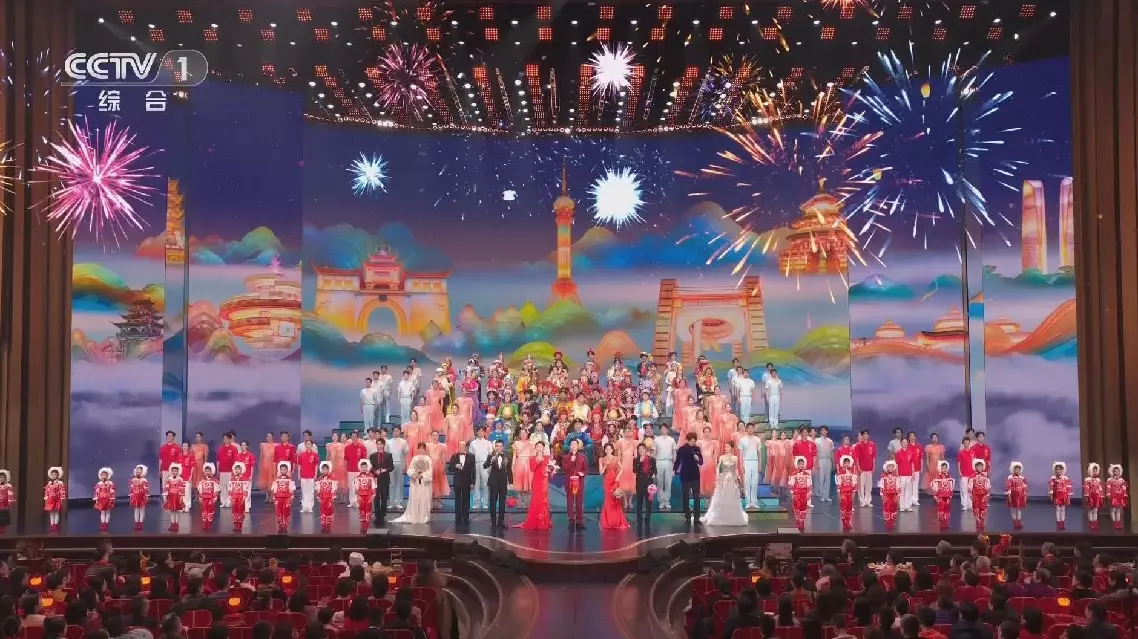
CMG Lantern Festival Gala delivers Chinese traditional cultural feast with contemporary twists



